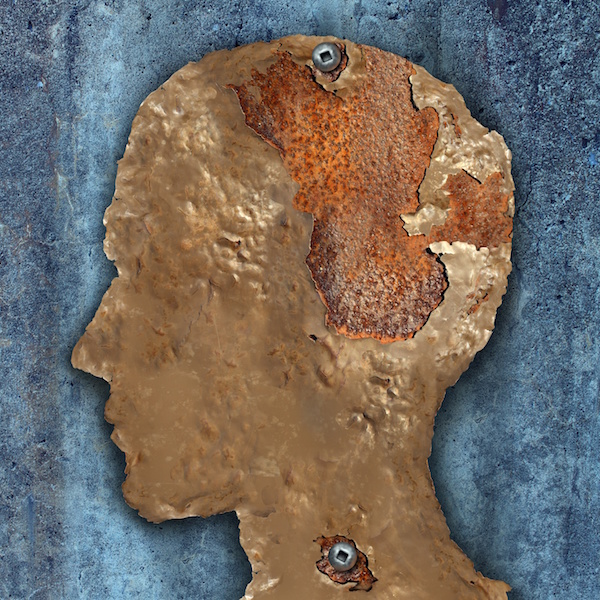
THURSDAY, June 17 (HealthDay News) — A sense of direction appears to be hard-wired in the brain at birth, a new study with rats has found.
Researchers from the Norwegian University of Science and Technology’s Kavli Institute for Systems Neuroscience implanted miniature sensors in rat pups before they were mobile and recorded the pups’ neural activity when they left the nest for the first time to explore a new environment.
The sensor readings showed that the young rats had working navigational brain cells (neurons) right from the beginning, and those cells matured over time. The first to mature were head direction cells, which tell the animal in which direction it is heading.
“These cells were almost adult-like right from the beginning,” researcher Rosamund Langston said in a Norwegian University of Science and Technology news release.
The next to mature were place cells, located in the hippocampus, which represent a specific location in the environment and provide contextual information that may be associated with the location. The last cells to mature were grid cells, which provide a system that tells the animal where it is in space and how far it has traveled, according to the report.
The findings suggest that there is “a basic foundation that is there as soon as you can explore — there are strong building blocks for a system that you can use to navigate,” Langston said.
There was no difference in navigational skills between male and female pups, which indicates that both sexes have the same sense-of-direction building blocks, and neither males nor females naturally have a better sense of direction. It’s personal experience that can make the difference in individuals, the authors suggested.
More information
George Washington University has more about the brain and navigation.

